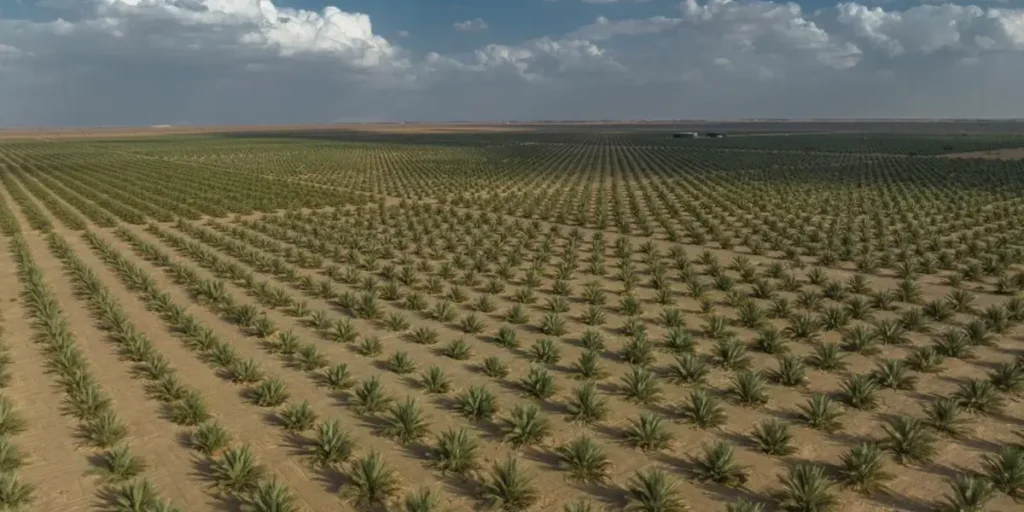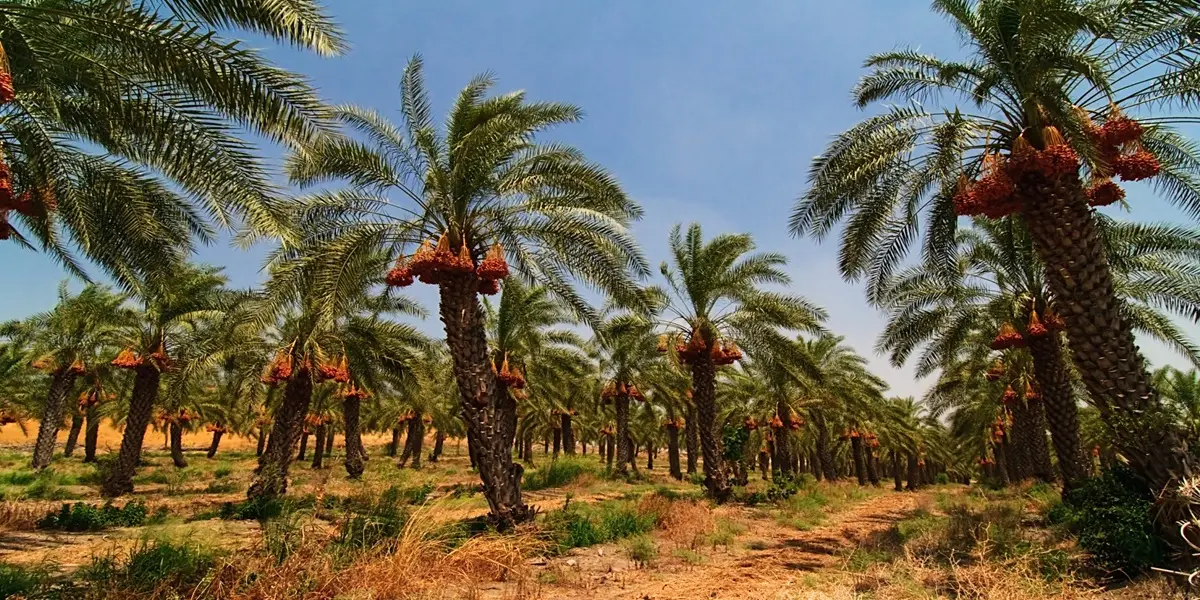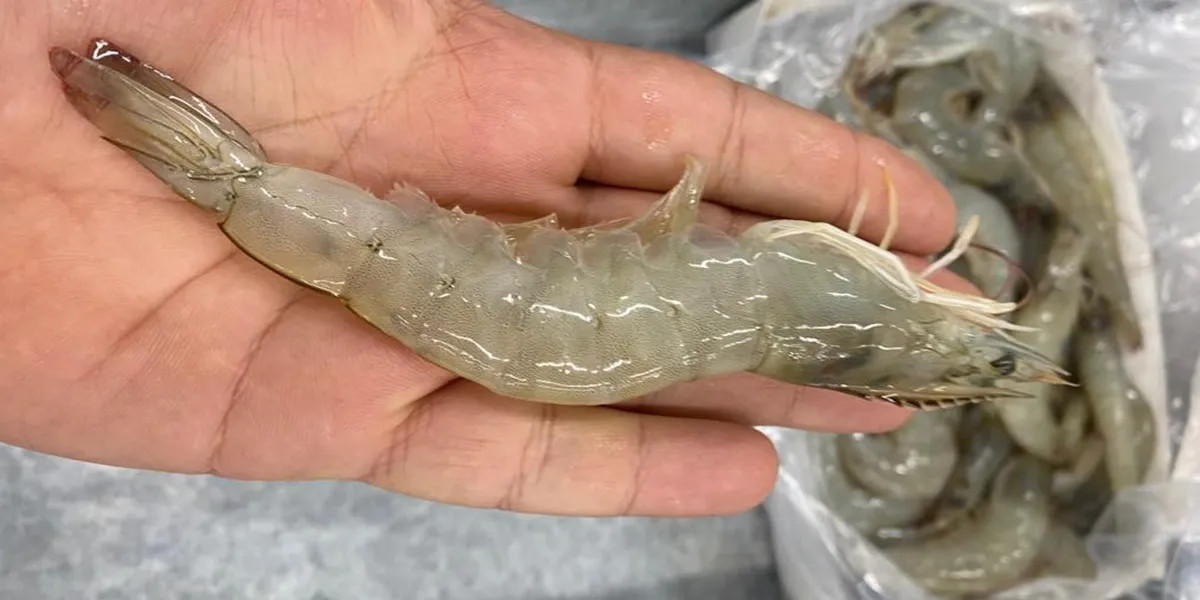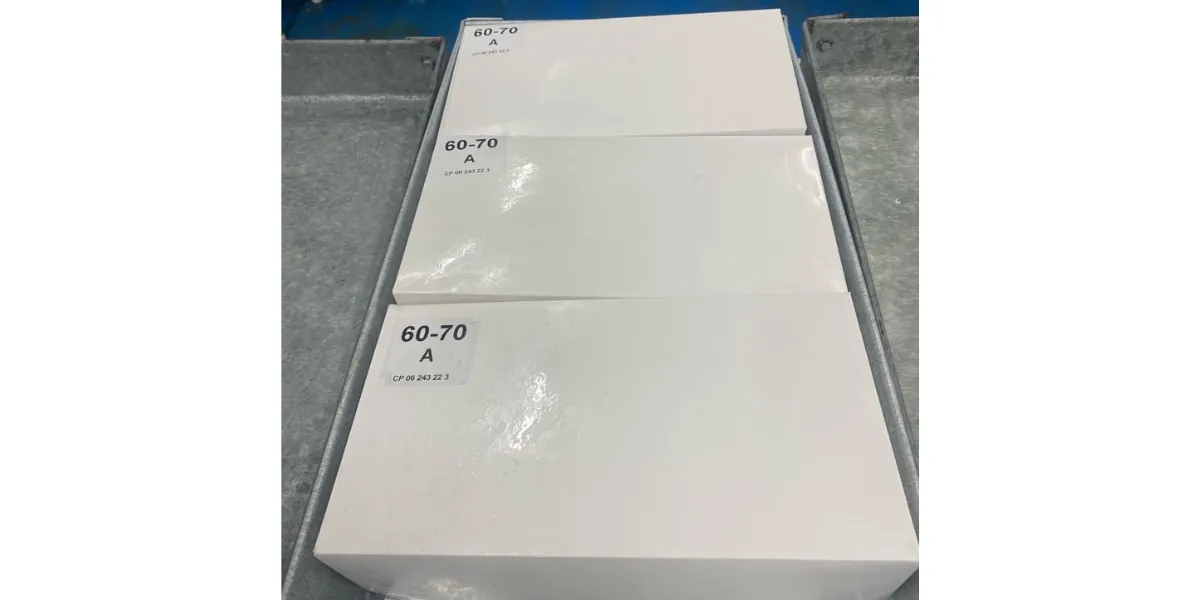As the global population rises and the demand for eco-friendly food systems intensifies, the agricultural world is seeking crops that balance profitability with sustainability. Among these crops, the humble date palm stands out as an ancient yet forward-looking symbol of resilience. In recent years, sustainable date farming has gained recognition not only as a means of environmental preservation but also as a catalyst for rural economic growth, particularly in arid and semi-arid regions.
Date exports are now doing more than generating revenue—they are shaping the future of sustainable agriculture. Through innovation in irrigation, packaging, waste management, and international trade, the global date industry is setting new standards for what responsible food production can look like.
The Global Rise of Date Exports
Date exports have transformed from a regional trade practice into a thriving global industry. According to recent reports, the worldwide export value of dates has surpassed $2 billion annually, driven by increasing consumer awareness of natural and nutritious foods.
| Top Exporting Country | Key Varieties | Annual Export Volume (tons) | Major Importers |
|---|---|---|---|
| Iran | Mazafati, Piarom, Zahedi | 300,000+ | Europe, India, China |
| Saudi Arabia | Ajwa, Safawi | 200,000+ | GCC, USA |
| Tunisia | Deglet Noor | 150,000+ | France, Germany |
| Egypt | Hayany, Siwa | 180,000+ | Africa, Middle East |
Among these, Iranian Dates are widely recognized for their diversity, taste, and balance between traditional cultivation and modern sustainability initiatives.
Why Date Farming Aligns with Sustainability Principles
Date palms are naturally suited to harsh climates and can thrive in areas where few other crops survive. This makes them an essential component of sustainable agricultural systems in desert and semi-desert environments.
Key Environmental Advantages:
- Low Water Requirement: Compared to other fruit trees, date palms use minimal water due to deep root systems that access underground moisture.
- Carbon Sequestration: Date palms capture carbon dioxide and release oxygen efficiently, helping mitigate climate change effects.
- Soil Stabilization: Their extensive root networks prevent soil erosion and desertification.
- Biodiversity Support: Date plantations often provide habitats for various bird and insect species, contributing to ecosystem health.
- Zero-Waste Potential: Every part of the date palm—from leaves to pits—can be reused or recycled.
Thus, cultivating dates supports the three pillars of sustainability: environmental care, social responsibility, and economic viability.
Sustainable Date Farming Practices
To achieve long-term ecological balance, farmers and exporters are adopting innovative cultivation techniques. These practices enhance yield, protect natural resources, and improve product quality.
a. Water-Saving Irrigation Systems
Drip irrigation and moisture sensors ensure that water reaches roots efficiently, minimizing evaporation and waste. In countries like Iran and Tunisia, government-supported projects are helping farmers install smart irrigation systems powered by solar energy.
b. Organic Fertilization
Replacing synthetic fertilizers with compost made from date palm residues and animal manure improves soil fertility and reduces chemical pollution.
c. Integrated Pest Management (IPM)
Instead of relying solely on pesticides, IPM combines natural predators, pheromone traps, and controlled chemical use to manage pests sustainably.
d. Renewable Energy
Solar panels are increasingly used to power irrigation pumps, packaging centers, and cold storage facilities—reducing reliance on fossil fuels.
e. Waste Utilization
Date pits are processed into animal feed, biochar, or cosmetic ingredients, ensuring minimal waste across the production cycle.

The Connection Between Exports and Sustainable Growth
Export-oriented date farming doesn’t just benefit farmers—it strengthens entire communities. By prioritizing sustainability, exporters ensure that global trade supports long-term agricultural and economic resilience.
Economic Benefits of Export-Oriented Sustainability:
- Job Creation: From harvesting to packaging, sustainable date farming provides year-round employment.
- Rural Empowerment: Women and youth are often engaged in post-harvest processes, promoting inclusive development.
- Infrastructure Development: Export demand drives investment in better storage, transport, and processing facilities.
- Knowledge Transfer: International partnerships promote modern farming and environmental stewardship.
These factors make sustainable date farming a cornerstone of socio-economic stability in desert economies.
Comparing Farming Practices Across Regions
| Aspect | Traditional Farming | Sustainable Date Farming |
|---|---|---|
| Water Use | Flood irrigation, high waste | Drip irrigation, moisture control |
| Fertilization | Chemical-based | Organic compost and biofertilizers |
| Pest Control | Synthetic pesticides | Integrated pest management |
| Energy Source | Diesel or grid power | Solar-powered irrigation |
| Market Orientation | Local and regional | Export-focused, global standards |
The transition toward sustainability requires investment, training, and long-term vision, but the results—environmentally and economically—are profound.
The Role of Technology in Sustainable Date Farming
Modern technologies are transforming the date industry by improving efficiency and traceability:
- Remote Sensing: Drones and satellite imagery help monitor plantation health and detect water stress early.
- IoT (Internet of Things): Smart sensors track temperature, humidity, and soil moisture in real time.
- Blockchain Traceability: Ensures transparent supply chains for organic and fair-trade certifications.
- Automated Sorting and Grading: Reduces waste and ensures uniform quality in exports.
- Data-Driven Farming: Digital tools assist farmers in predicting yield and managing resources efficiently.
Together, these innovations strengthen sustainable practices while increasing profitability for exporters.
The Relationship Between Health Trends and Sustainable Farming
As global consumers become more health-conscious, they demand foods that are both nutritious and ethically produced. The popularity of natural, minimally processed foods aligns perfectly with date consumption.
Highlighting the Health benefits of dates, such as high fiber, potassium, and antioxidant content, allows exporters to connect sustainability with wellness—showing that eco-friendly farming benefits both the planet and human health.
Case Study: Iran’s Sustainable Date Export Revolution
Iran, one of the world’s largest date exporters, has taken significant steps toward sustainability. Many farms in provinces like Kerman, Hormozgan, and Khuzestan are transitioning to organic cultivation.
Sustainability Milestones in Iran:
- Implementation of drip and solar-powered irrigation systems.
- Development of eco-packaging using biodegradable materials.
- Expansion of cooperatives that ensure fair pricing for farmers.
- Training programs to promote energy-efficient post-harvest practices.
These initiatives not only enhance Iran’s export capacity but also reinforce its position as a global leader in sustainable date farming. For further insight into local varieties, exploring Iranian date varieties like Mazafati, Piarom, and Kabkab provides valuable understanding of how regional diversity supports sustainability.
Social Sustainability and Farmer Wellbeing
A vital yet often overlooked aspect of sustainability is the human dimension. Ethical and fair-trade practices in the date industry ensure that the people behind the product benefit equitably.
Key Social Sustainability Strategies:
- Fair Wages: Ensuring farmers and laborers are compensated fairly for their work.
- Education and Training: Providing knowledge on sustainable techniques and international market standards.
- Women’s Empowerment: Encouraging female participation in sorting, packaging, and management roles.
- Health and Safety: Maintaining safe working environments and protecting workers from chemical exposure.
Through such measures, sustainable date farming contributes to social progress while maintaining ecological integrity.
Environmental Challenges Ahead
Despite progress, the date industry faces several challenges that must be addressed for long-term sustainability.
a. Water Scarcity
Many date-producing regions struggle with declining water resources. The challenge is to balance expansion with conservation.
b. Climate Change
Rising temperatures and unpredictable rainfall patterns threaten yields and increase pest pressures.
c. Soil Salinity
Over-irrigation and improper drainage can lead to soil degradation.
d. Market Competition
Producers must maintain sustainability standards while competing with large-scale industrial farms.
To overcome these obstacles, collaboration between governments, researchers, and private exporters is essential.
Comparing Varieties and Their Sustainability Potential
The type of date cultivated can also influence the sustainability profile of a farm. For example, some semi-dry varieties require less post-harvest cooling, reducing energy consumption.
| Variety | Moisture Level | Storage Need | Sustainability Advantage |
|---|---|---|---|
| Piarom (Iran) | Semi-dry | Low | Long shelf life, less refrigeration |
| Mazafati (Iran) | Soft | High | Needs cooling but grows in low-water regions |
| Medjool (USA/Morocco) | Soft | High | High yield, adaptable to automation |
| Zahedi (Iran) | Dry | Very Low | Minimal water and energy use |
If you’re curious about Iranian dates vs Medjool dates, exploring their moisture differences reveals why each requires distinct sustainability strategies in farming and export logistics.
Global Standards and Certifications
Sustainable farming is reinforced by international certifications that ensure environmental and social compliance.
Common Certifications:
- Organic Certification (EU, USDA): No synthetic fertilizers or pesticides.
- Fair Trade Certification: Ensures equitable labor conditions.
- ISO 14001: Environmental management compliance.
- Global GAP: Good agricultural practices focusing on food safety.
- Rainforest Alliance: Promotes biodiversity and sustainable livelihoods.
Such certifications not only enhance credibility but also open access to premium global markets.
Future Outlook: The Path Forward
The future of sustainable date farming lies in embracing innovation while preserving tradition. Governments, NGOs, and private sectors are expected to increase investments in:
- Research on drought-resistant date varieties
- Renewable energy infrastructure for irrigation and storage
- Smart agriculture technologies for precision farming
- Global marketing campaigns highlighting sustainability credentials
Moreover, storytelling around cultural heritage, such as the centuries-old cultivation of Iranian Dates, can further strengthen consumer trust and emotional connection.
Consumer Awareness and Global Impact
Today’s consumers are not only buying a product; they’re supporting a philosophy. When they choose sustainably farmed dates, they contribute to:
- Water Conservation in desert ecosystems.
- Carbon Reduction through renewable farming methods.
- Ethical Labor Practices that uplift rural communities.
- Waste Minimization via eco-packaging and resource recycling.
Sustainable date exports thus create a positive feedback loop — encouraging responsible farming while meeting global demand for ethical, healthy food options.
Conclusion
Date exports are no longer just about trade; they’re about transformation. The global movement toward sustainable date farming illustrates how tradition and innovation can coexist to address modern challenges like water scarcity, food security, and climate change.
From organic fertilization and renewable energy use to advanced packaging and fair labor systems, the industry demonstrates that profitability and sustainability are not mutually exclusive.
As global awareness continues to grow, sustainable date farming will remain a vital pillar of eco-friendly agriculture — one that feeds both people and the planet, ensuring that the story of the date palm continues to flourish for generations to come.




